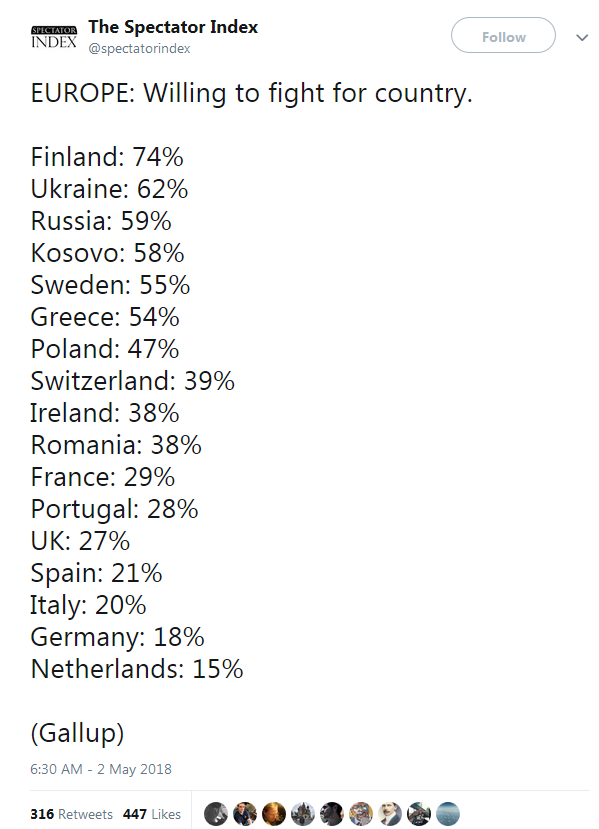The European Court of Justice has decided it is the arbiter of a nation’s borders and of entry permissions, and not the nation itself.
The court heard the cases of two men, one Afghan and one with Croatian and Bosnian citizenship, and ruled the severity of their crimes or alleged crimes and how long ago they took place need to be taken into consideration before an entry ban is permitted.
The ECJ ruled that, while an EU member can bar entry to such persons, it must satisfy the court that its rationale is good enough; it is no longer a matter of national sovereignty, and that member cannot simply say, “No entry.” This is an assault on the sovereignty of nations; it takes away from the nation its right to determine for itself who will be allowed to enter.
It attacks the principle of sovereignty that no person has an inherent right to enter any nation other than his own without that nation’s prior permission, and it attacks the tightly associated principle of sovereignty that no nation has an inherent obligation to let any foreign person in.
The ECJ’s ruling attacks the principle of sovereignty that borders are the province of the sovereign nation and its sovereign neighbor and arrogates the meaning of borders to the court.
Aside from the sovereignty question, there’s also this. It may be a good or a bad idea for a nation to bar entry to this or that individual or to bar this or that group of individuals. It’s often a moral question, too. But it’s not a question that’s within the purview of an international court. Nor is the morality of the matter a question that’s within the purview of any court. Acting on a moral question—the very definition of what is moral—is a political act and a political definition. It cannot be a judicial one, it cannot be the decision of a few who are unaccountable to the nation’s people. Not in any free society.
This last, especially, has implications for immigration cases currently before the Supreme Court or soon to be. Will the Justices make the political determination of who is allowed into the United States—as far too many district and appellate judges have presumed to do—or will they leave the political decision properly in the hands of our nation’s political actors?

